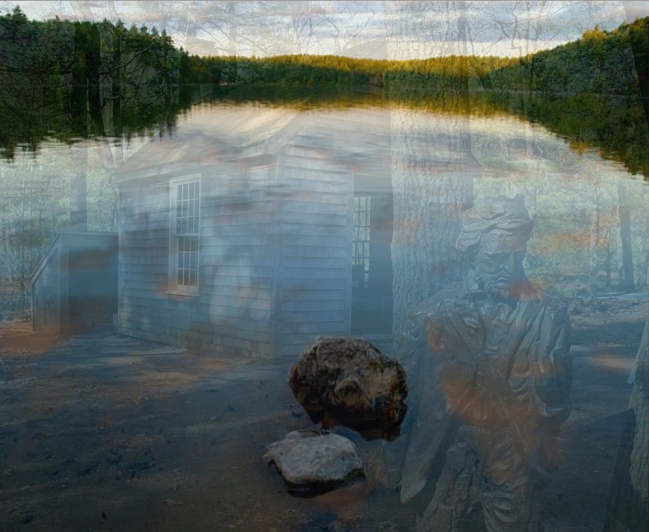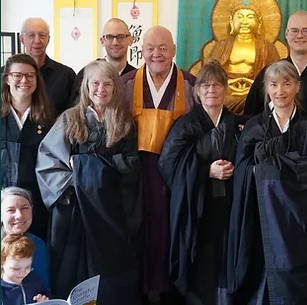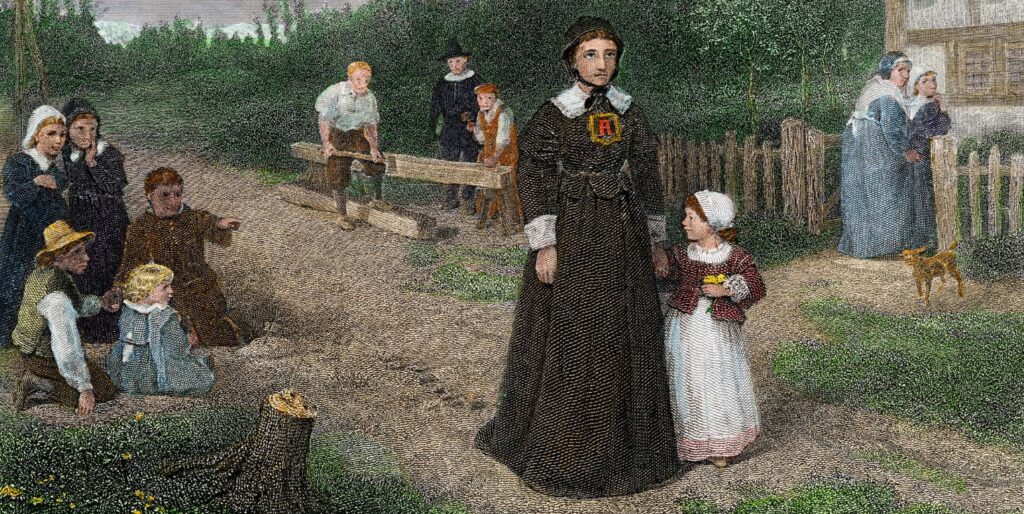Higher Laws
If one listens to the faintest but constant suggestions of his genius, which are certainly true, he sees not to what extremes, or even insanity, it may lead him; and yet that way, as he grows more resolute and faithful, his road lies. The faintest assured objection which one healthy man feels will at length prevail over the arguments and customs of mankind. No man ever followed his genius till it misled him. Though the result were bodily weakness, yet perhaps no one can say that the consequences were to be regretted, for these were a life in conformity to higher principles. If the day and the night are such that you greet them with joy, and life emits a fragrance like flowers and sweet-scented herbs, is more elastic, more starry, more immortal,—that is your success. All nature is your congratulation, and you have cause momentarily to bless yourself. The greatest gains and values are farthest from being appreciated. We easily come to doubt if they exist. We soon forget them. They are the highest reality. Perhaps the facts most astounding and most real are never communicated by man to man. The true harvest of my daily life is somewhat as intangible and indescribable as the tints of morning or evening. It is a little star-dust caught, a segment of the rainbow which I have clutched. “Walden” Henry David Thoreau

During the two-month sabbatical, a spiritual identity based upon confidence emerged within a condition I use to recognize as failure and the need to depend upon others. While still turning to others—malleable and listening, centering within my years of aging, I discovered self-assurance, grace infusing the reality I could depend upon myself. At my core was a humility. Shame and guilt are not problem solvers. I underestimated myself. Within my presence was a nature predisposed toward prayer and meditation. I recognized the fact during religious life days and nights. I did not build upon it. Inherently, I possess the means to spiritually blossom.
In Indianapolis, a counselor—a flamboyant gay young man—emerged as an influence guiding me into trusting myself, while sharing his devotion to Dharma Recovery, a Buddhist approach to healing. Along with the Gothic novel immersion, meditation and yoga became a part of my daily Indianapolis routine. Exercise, a determined sleep routine, mindfulness—an openness to all counselors and individuals desiring to assist, all became a concentrated ritual in Indianapolis. The Rosary never ceases in vitality. My heart remains anchored where only it can be. An openness arose that pulled me from conservative reasoning. The strong influence of Father David Mary, Rush Limbaugh listening, a commitment to unaware assumptions were all dissipated. It aligned perfectly with an abandonment to worldly concerns and political disassociation.
Passions of youth were rekindled. The writings Hermann Hesse, the devouring of Jung, the pursuit of Tibetan Buddhism, the Vedas, Bhagavad Gita, Tao Te Ching and Stephen Mitchell, Joseph Campbell, Homer and Greek mythology, literature/film/music, an overall fascination with the arts, the admiration of Basil Pennington, Thomas Keating, and intrigue with Merton—all this and more were staunched by the baggage I kept packing as I identified myself as a conservative Catholic. Political obsession became a part of an authoritarian mindset viewing the world in a conflicting manner. It was time to shed that skin. Too easy, it adorned without effort while tainting spiritual growth. The drinking binges kept attacking. Humility grew sounder as failures mounted. Sustained moments of sanity were broken by lapses into madness. God is good and providing in wisdom within the worst of self-inflicted consequences.
After Indianapolis, care was assigned from an organization in Royal Oak, Michigan. Virtual in tending, day trips were pursued on Thursday, coinciding with community free concerts in the evening. Life was to be enjoyed as a deeper healing was practiced. On my own, I sought any and every means of recovery I could encounter. Buddhism became a common theme—a cope network developing that grounded me in a local building. I became friendly with a Tibetan Buddhist monastery led by an eighty-three-year-old former marine. Their company is easy, proper in spiritual camaraderie. In fact today during Adoration immersed within a Rosary, I felt the presence of the abbot. Coming full circle, it is invigorating to embrace the ways of my young mind. A Sunday morning lunch group has appeared, friends drifting into my life. Old ways of self-assigned certainties, others allocating advocacy and authority are being proper sized. Fellowship and boundaries are necessary in establishing strength and freedom.

Academically, American Literature is being embraced, the opening of Thoreau purposeful and immediate. Self-Reliance. The pursuit of faith without the slightest attachment to authority. Emerson and his influence on Nietzsche, friends in the fight, a new mindset will assume direction for this blog. The prolonged period of silence was necessary. Now it is time to start talking again. Hopefully more in a voice that will produce greater fruit of sustainability and maturity. My own voice now seeks to be heard. Transcendentalist: Alcott—Louisa and Bronson, Nathaniel Hawthorne, and then Melville, Poe, Dickinson, Whitman, and Longfellow. A distant time demanding to be heard.
“Pearl,” said he, with great solemnity, “thou must take heed to instruction, that so, in due season, thou mayest wear in thy bosom the pearl of great price. Canst thou tell me, my child, who made thee?”
Now Pearl knew well enough who made her; for Hester Prynne, the daughter of a pious home, very soon after her talk with the child about her Heavenly Father, had begun to inform her of those truths which the human spirit, at whatever stage of immaturity, imbibes with such eager interest. Pearl, therefore, so large were the attainments of her three years’ lifetime, could have borne a fair examination in the New England Primer, or the first column of the Westminster Catechisms, although unacquainted with the outward form of either of those celebrated works. But that perversity which all children have more or less of, and of which little Pearl had a tenfold portion, now, at the most inopportune moment, took thorough possession of her, and closed her lips, or impelled her to speak words amiss. After putting her finger in her mouth, with many ungracious refusals to answer good Mr. Wilson’s question, the child finally announced that she had not been made at all, but had been plucked by her mother off the bush of wild roses that grew by the prison-door.
This fantasy was probably suggested by the near proximity of the Governor’s red roses, as Pearl stood outside of the window; together with her recollection of the prison rose-bush, which she had passed in coming hither.
Old Roger Chillingworth, with a smile on his face, whispered something in the young clergyman’s ear. Hester Prynne looked at the man of skill, and even then, with her fate hanging in the balance, was startled to perceive what a change had come over his features,—how much uglier they were,—how his dark complexion seemed to have grown duskier, and his figure more misshapen,—since the days when she had familiarly known him. She met his eyes for an instant, but was immediately constrained to give all her attention to the scene now going forward
“This is awful!” cried the Governor, slowly recovering from the astonishment into which Pearl’s response had thrown him. “Here is a child of three years old, and she cannot tell who made her! Without question, she is equally in the dark as to her soul, its present depravity, and future destiny! Methinks, gentlemen, we need inquire no further.” –‘The Scarlett Letter’ Nathaniel Hawthorne

Dark Night of the Soul
On a dark night,
Kindled in love with yearnings
—oh, happy chance!—
I went forth without being observed,
My house being now at rest.
In darkness and secure,
By the secret ladder, disguised
—oh, happy chance!—
In darkness and in concealment,
My house being now at rest.
In the happy night,
In secret, when none saw me,
Nor I beheld aught,
Without light or guide,
save that which burned in my heart.
This light guided me
More surely than the light of noonday
To the place where he (well I knew who!)
was awaiting me—
A place where none appeared.
Oh, night that guided me,
Oh, night more lovely than the dawn,
Oh, night that joined
Beloved with lover,
Lover transformed in the Beloved!

